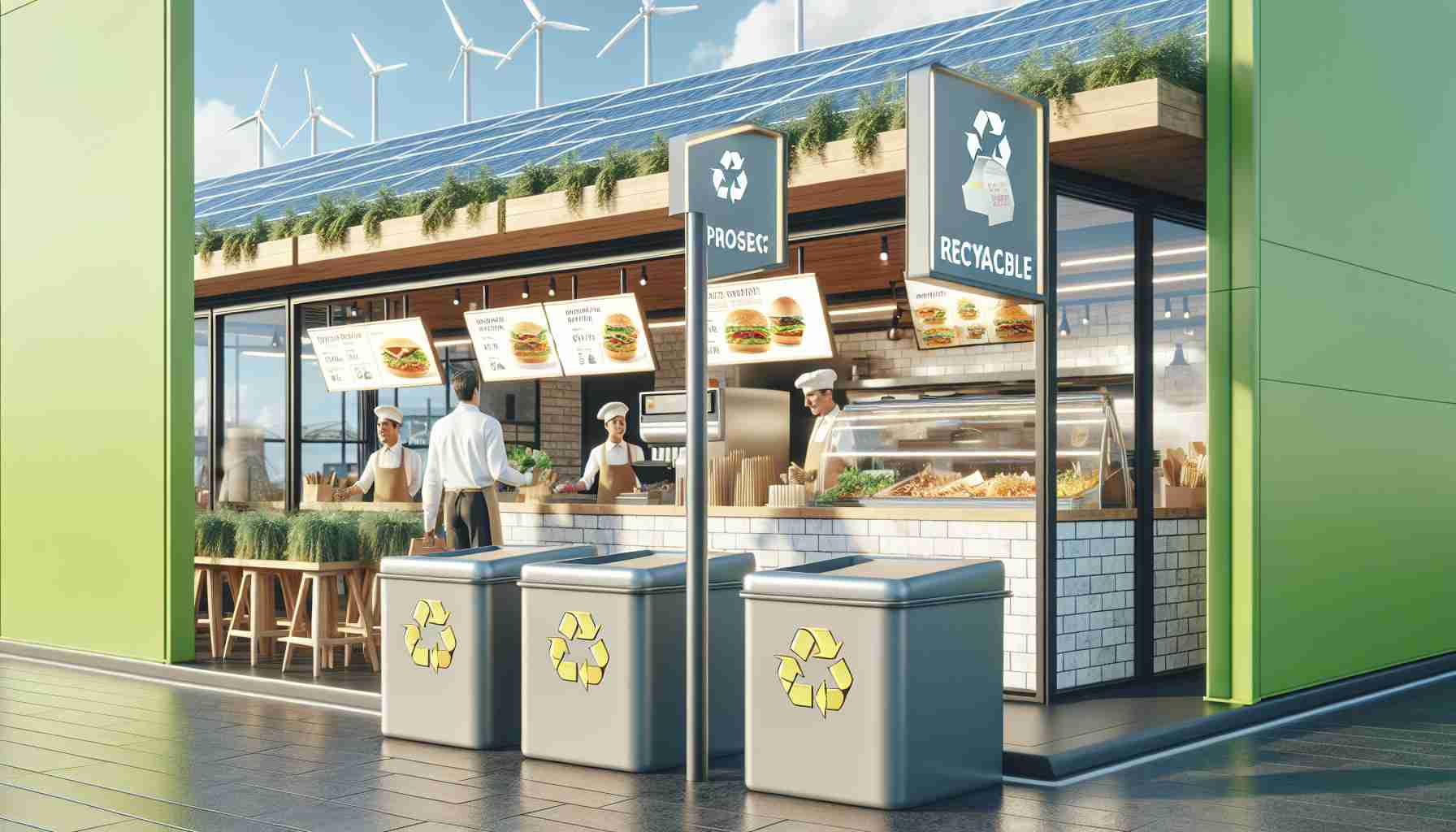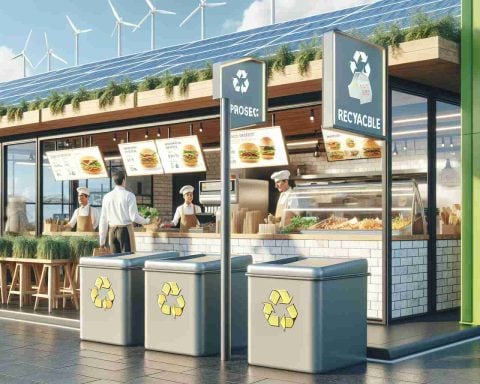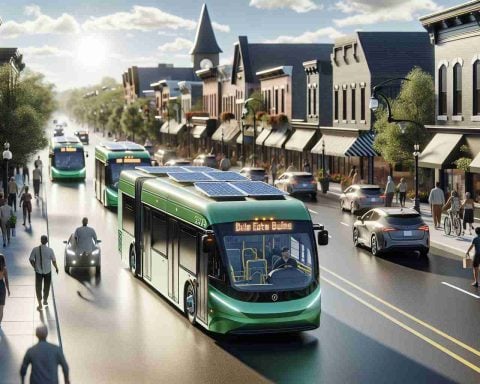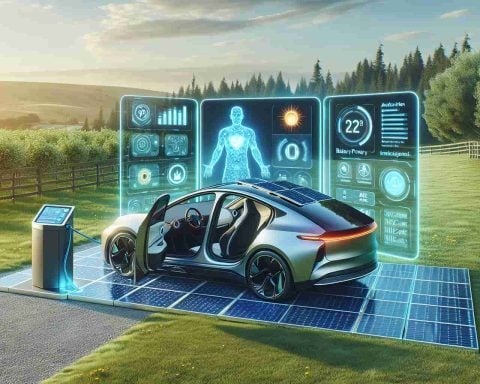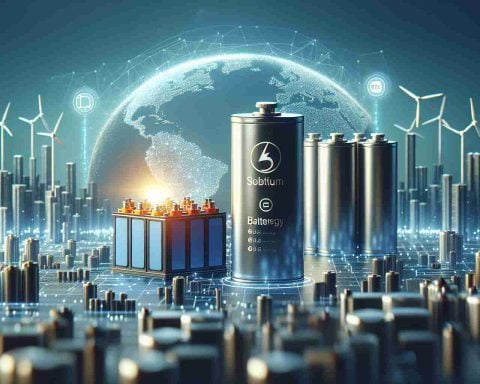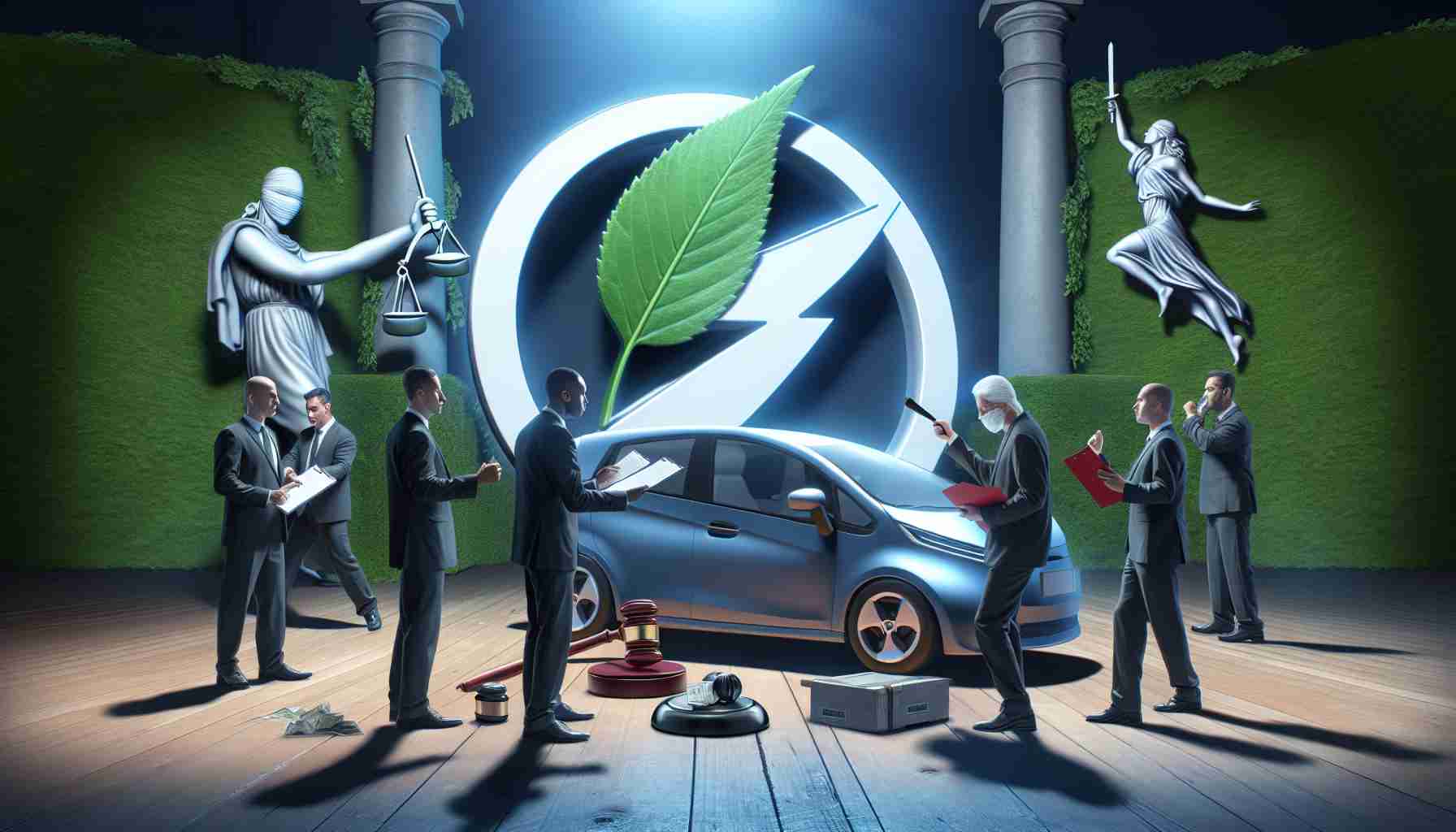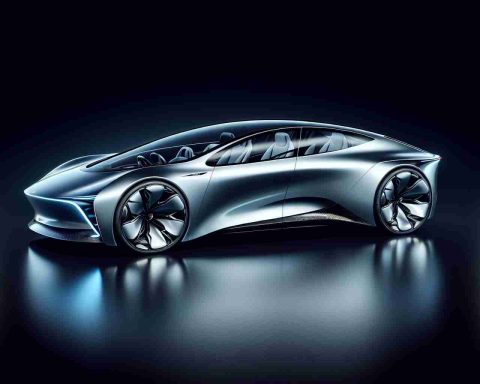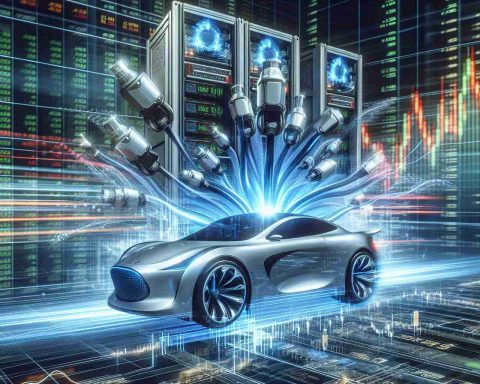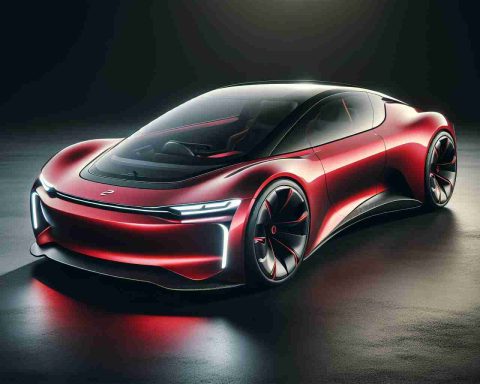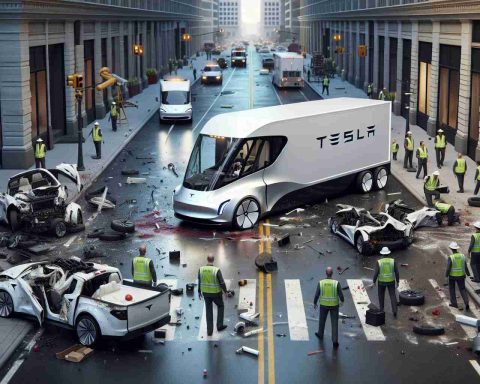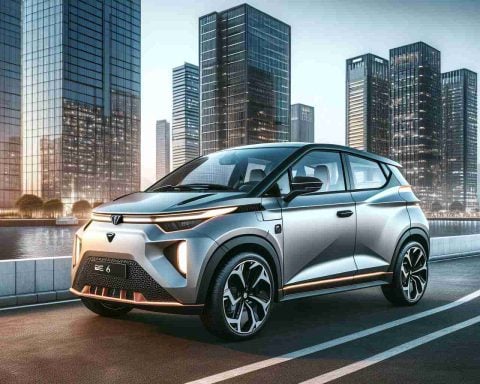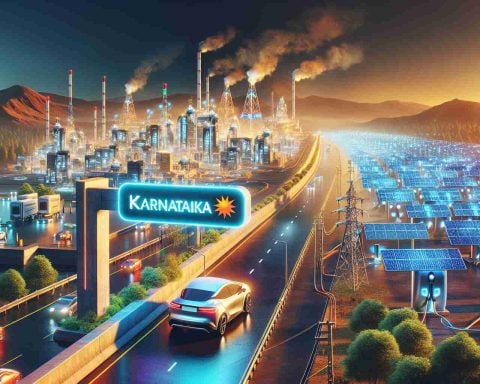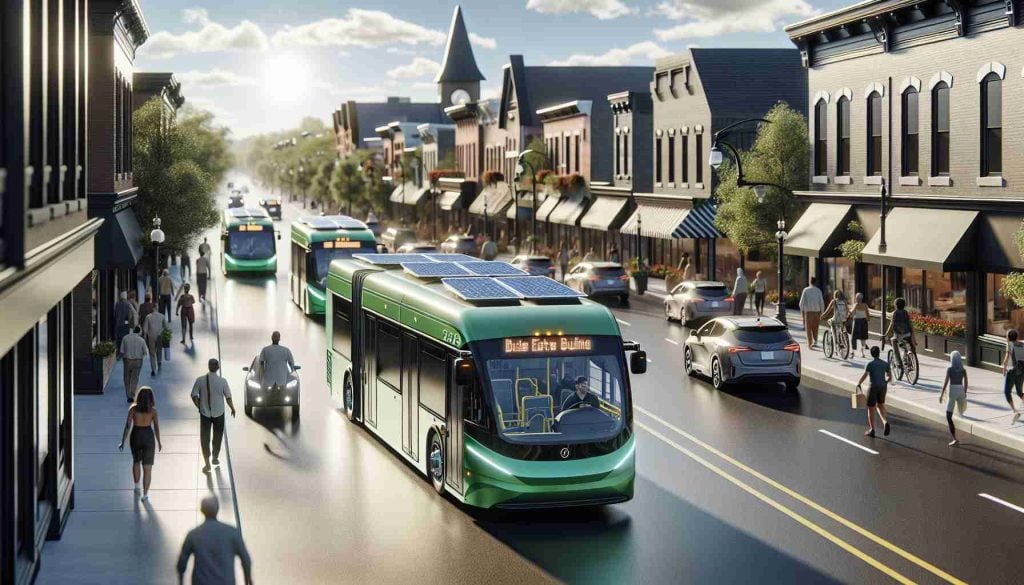- McDonald’s at Clacton has introduced ultra-rapid 160kW EV chargers, allowing vehicles to recharge to 80% in under 20 minutes.
- This initiative highlights McDonald’s commitment to sustainability, aiming for net-zero emissions by 2050.
- The location integrates the InstaVolt app for easy access to the new charging stations.
- McDonald’s eco-friendly efforts include over 1,100 recycling bins and a biodiesel program using cooking oil for delivery fleets.
- This step is part of a broader move to enhance convenience for both eco-conscious travelers and vacationers.
- McDonald’s is transforming into a leader in environmental responsibility, combining fast food with sustainable practices.
Golden arches now beckon not just hamburger lovers but also eco-conscious travelers with electric vehicles. At Clacton, McDonald’s has unveiled a revolutionary advancement in driving and dining convenience, upgrading the usual fast-food stopover to a sustainable pit stop.
Under the direction of franchise owner Craig Newnes, this location now hosts ultra-rapid electric vehicle chargers capable of delivering an impressive 160kW of power. While relishing a Big Mac, customers can juice up their EVs to 80% capacity in the time it takes to savor one—or two. Less than 20 minutes is all it takes, thanks to the seamless InstaVolt app and website, guiding drivers effortlessly to these shiny new hubs of sustainability.
This move is not a mere blip on the fast-food giant’s radar; it represents a palpable stride toward environmental responsibility. McDonald’s is progressively becoming a steward of change, pushing not only burgers but boundaries—aiming for net-zero emissions by 2050. The result? An extensive network of over 1,100 recycling bins, an innovative biodiesel program that converts used cooking oil to power their delivery fleet, and now, a nod to the future with electric charging stations.
Across the east of England, Simon Smith of InstaVolt praises this development, recognizing its dual purpose of easing the travel concerns of EV drivers and delighting vacationers at this charming seaside stop.
So, as fries turn golden and tablets beep with charging signals, McDonald’s evolves into an emblem of modern convenience and environmental action. The message is clear: McDonald’s is not just serving meals but also serving the planet.
Discover the Full Impact of McDonald’s New Electric Revolution
Expanded Impact of McDonald’s Electric Vehicle Initiative
McDonald’s, typically known for its fast-food offerings, is now becoming a pioneer in promoting sustainable travel. By introducing ultra-rapid electric vehicle (EV) chargers at its Clacton location, it sets a new benchmark for environmental responsibility in the fast-food industry. Here’s some added context and unanswered questions surrounding this development.
# Additional Insights:
1. Charging Network Expansion:
– McDonald’s partnership with InstaVolt is part of a broader strategic plan to install over 1,000 EV charging stations across the UK by 2025. This aligns with the UK government’s goals to phase out new petrol and diesel cars by 2030.
2. Innovative Initiatives:
– Beyond EV charging, McDonald’s has launched several sustainable initiatives in the UK, such as reducing plastic use, launching a trial for paper straws, and exploring plant-based menu options like the McPlant.
3. Technological Advancements:
– The 160kW fast chargers are among the most powerful available, significantly reducing charging time for EV users. This technology is crucial for long-distance travelers who can now quickly recharge during a brief meal stop.
4. Global Efforts:
– McDonald’s is not only focusing on the UK. Similar eco-friendly pursuits are being implemented across its global franchises, emphasizing renewable energy use, waste reduction, and sustainable sourcing of ingredients.
# Key Questions and Answers:
– Why is McDonald’s focusing on EV Chargers now?
– The shift towards sustainability helps McDonald’s reduce its carbon footprint and caters to the growing market of electric vehicle users. As EV ownership increases, offering charging facilities becomes crucial for customer convenience and brand relevance.
– How does this benefit McDonald’s business model?
– By providing added value through charging services, McDonald’s can attract more visitors to its outlets, potentially increasing sales. This also positions the company as a forward-thinking, environmentally conscious brand.
– What challenges might arise from this initiative?
– McDonald’s may face challenges, such as the need to upgrade infrastructure at older outlets to accommodate new technology. Additionally, managing the demand and maintenance of these charging stations will be crucial for consistent customer satisfaction.
This exciting development at McDonald’s showcases a shift toward more sustainable business models in the fast-food industry. As more companies follow suit, initiatives like this may become the norm, encouraging a more eco-conscious consumer lifestyle.
For more sustainable initiatives, visit McDonald’s and InstaVolt.
